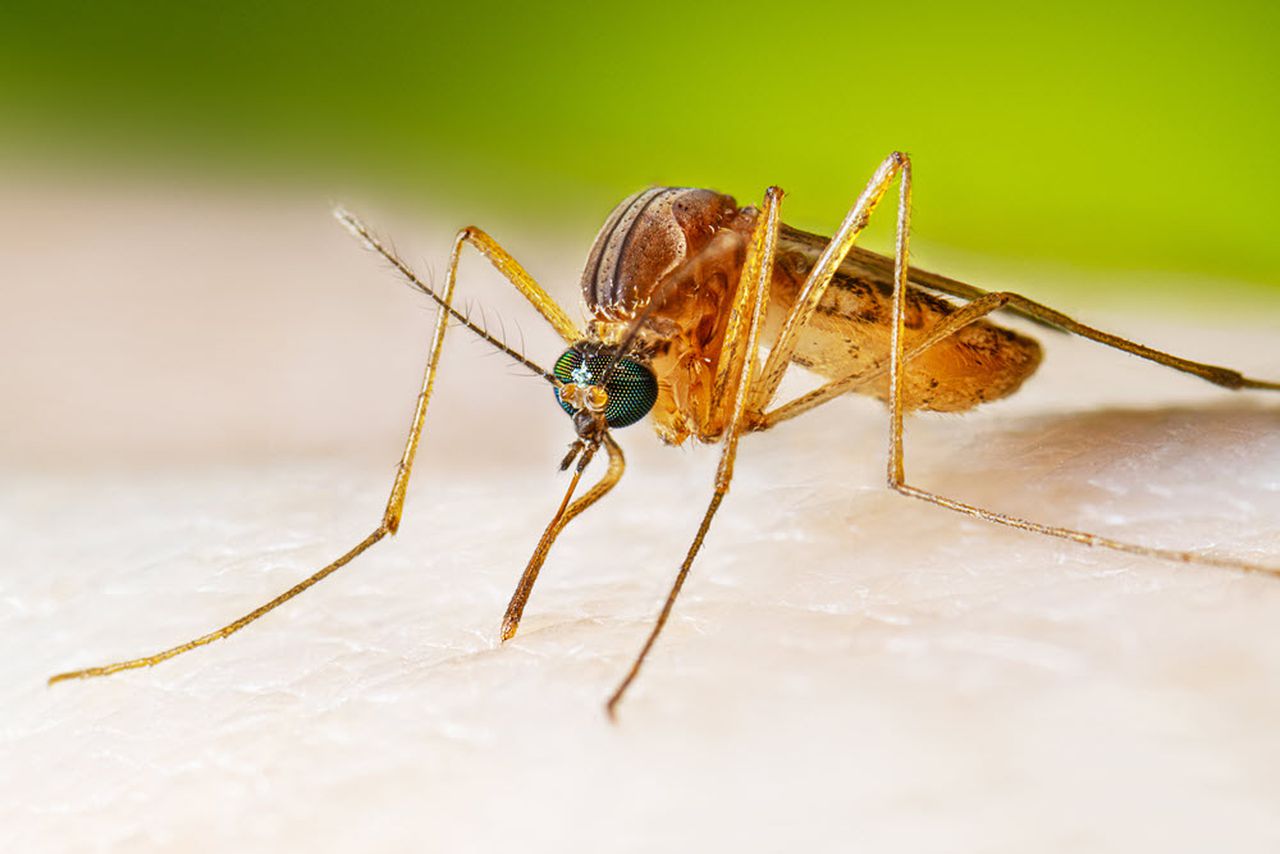Mobile County reports 2 more cases of West Nile virus
Two more cases of the mosquito-borne West Nile virus were confirmed recently in Mobile County, bringing the state’s total number of cases to 12 this year
The two cases are also the third and fourth human cases reported in Mobile County, prompting health officials to issue a warning about people to use mosquito repellent while outdoors. The other human cases of West Nile virus in Alabama this year were reported in the following counties: Jefferson (three cases), Talladega (two cases), Montgomery, Houston and Morgan.
Alabama had four cases in all of 2022, and 12 cases in 2021, according to U.S. Centers for Disease Control and Prevention data.
The cases of West Nile virus are on top of two cases of the deadly Eastern Equine Encephalitis virus reported within the Spanish Forts Estates neighborhood in Baldwin County. One of those cases resulted in the fatality of 7-year-old Julia Grace Ashworth.
There have been only five human cases of EEE within the United States in 2023. On average, there are only 11 cases of EEE in a year, making it highly unusual — if not unheard of — for two cases to occur within the same neighborhood within three weeks of each other.
According to the CDC, approximately one third of people with encephalitis due to EEE die. Death can happen two to 10 days after the onset of symptoms but can also occur much later.
West Nile virus is not as deadly, but it can be fatal. It typically causes symptoms of high fever, severe headache, nausea, stiff neck, confusion, muscle weakness, paralysis, disorientation, and seizures requiring medical attention. Death can occur depending on someone’s age and health. The most severe cases occur in the elderly.
Dr. Kevin Philip Michaels, Health Officer for Mobile County, said in a news release Friday that it is “extremely important” that people taking part in outdoor activities reduce their exposure to mosquitoes and to keep repellent with them while outdoors.
He also requests the public to drain standing water to stop mosquitoes from multiplying, cover doors and windows with screens to keep out mosquitoes.
A new online portal is available to help the public request assistance from Vector Services and receive feedback on their request to deal with mosquitoes or rodents. To learn more, visit https://mchd.org/vector-control.
The Mobile County Health Department provides the following tips in reducing mosquito bites.
- Use a good mosquito repellant on arms, legs and other exposed areas (some of the most reliable repellents contain the chemical DEET; repellants with high concentrations of DEET – over 10%, should not be used on children). Follow instructions carefully when using any insect repellent. According to Poison Control, while DEET is effective at small concentrations, higher concentrations offer protection for a longer period of time. For example, about 5 percent DEET protects for about 90 minutes, while about 25 percent DEET may provide about five hours of protection. The highest recommended concentration is 30 percent.
- Long sleeves and long pants used with a mosquito repellent helps to limit bites.
- Wear light-colored clothing (dark-colored clothing may help attract unwanted insects).
- Wear a hat or a cap (preferably light-colored).
- Be aware that aromatic (scented) cosmetics may also attract insects.
